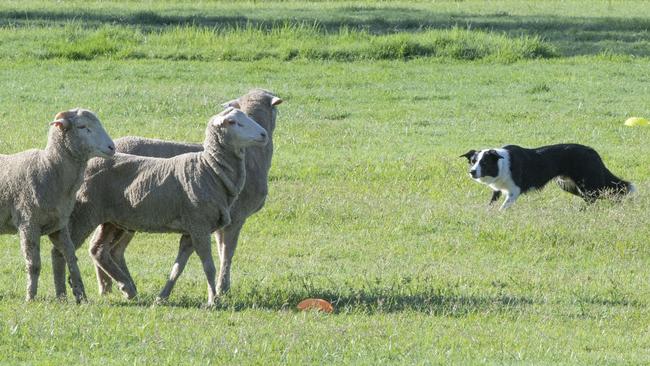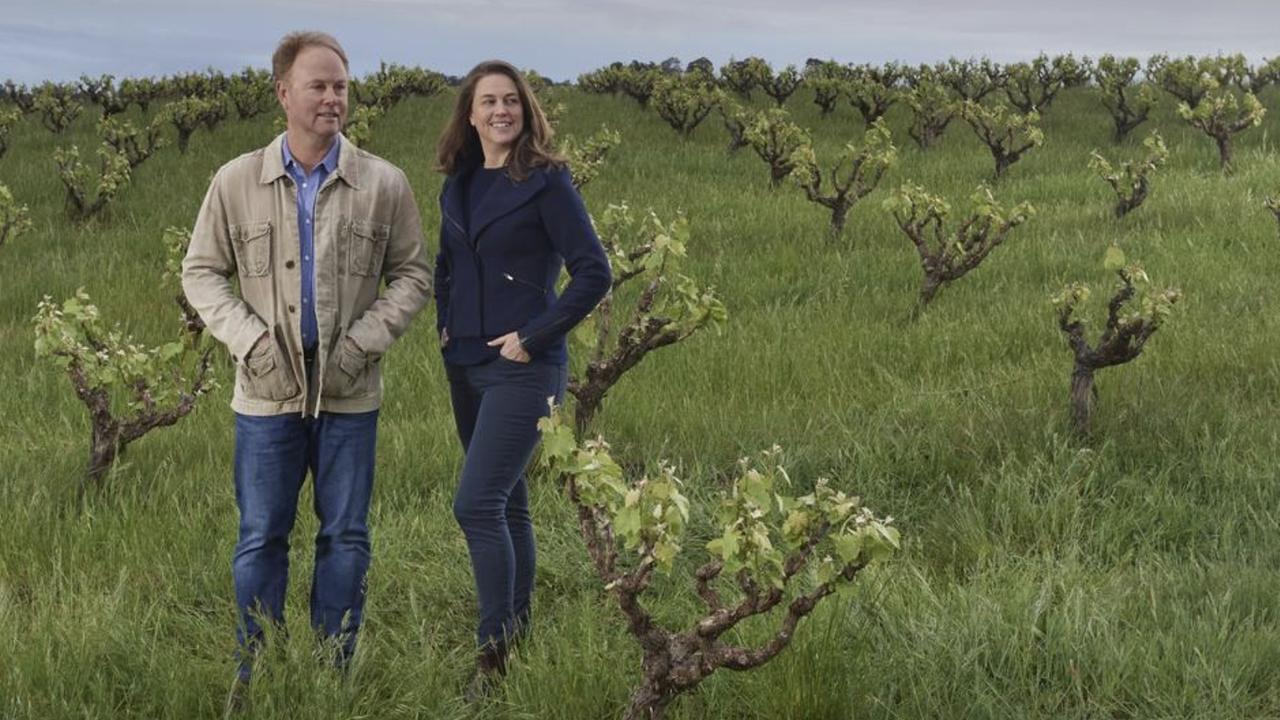Will the ‘real thing’ become a super-premium product?

Every few months we drive to a nearby farm and collect our box of lamb. It’s a no-brainer, really. We know the farmers, the property; the meat’s superior to anything we could buy from a butcher and it’s considerably better value for money, too. I quite look forward to the outing.
I just wonder how long it will be before this kind of ritual is obsolete. Like, say, taking a .22 to a friend’s farm to shoot rabbits for the pot; that has completely disappeared in my lifetime. I was contemplating all this while making a sandwich from last night’s slow-roasted Middle Eastern lamb shoulder, which we pulled off the bone, shoved into home-made pita and augmented with a tomato cucumber and sumac salad with some minted yoghurt. Good food, I hope you’ll agree, unless you’re a lamb, or a vegan.
But there are other definitions of “good food”. Valid definitions, I might add, that speak of the radical changes to modern agriculture. Science, whether we like it or not, plays an increasingly powerful role in solving the world’s problems, be they environmental, or directly related to animal welfare or food security. Those sheep and cattle lowing in the fields that make driving in the country a pleasure? How much longer will they be a part of the food landscape? And are we headed for a two-speed world where the “real” thing becomes the super-premium product – like lobster over crab stick, for example – and the manufactured version becomes the new equivalent of industrialised farming?
We’re all familiar, by now, with plant-based products imitating meat; it’s mainstream. Many will also know about the imminent arrival of cellular meat, which is real meat, grown in laboratories from animal cells; it’s close to hitting the market in the US and we will follow suit, although our food standards authority says it has not yet been approached by a food business seeking regulatory approval.
“Instead of dedicating scarce land, water and energy resources to raise entire animals for food, we can produce only the cuts we want to eat using innovative agriculture technology and food science,” says Cellular Agriculture Australia, a registered charity that exists “to promote and accelerate research, collaboration, competition and innovation across the cellular agriculture sector in Australia”.
Meat, poultry, fish… Will cooking on the bone become a thing of the past?
The Good Food Institute has its own take on “good food”. It is an international nonprofit “reimagining meat production… building a world where alternative proteins are the default choice”. And it’s not just meat. The proteins required to manufacture milk, without getting anywhere near an udder, are now being produced via a process known as “precision fermentation,” and we’re not talking about so-called milks, from, say, nuts. In America you can already buy ice cream made from manufactured milk. And macarons made with manufactured egg white. In Britain, a company called Better Dairy is close to going to market with cheese manufactured with man-made milk. And here in Australia, a company named Eden Brew plans to sell manufactured, non-dairy milk this year.
An independent international think tank, RethinkX, has forecast the imminent collapse of dairy and cattle industries by 2035; it’s exciting and frightening in equal measure. Enjoy the real thing while you can.


